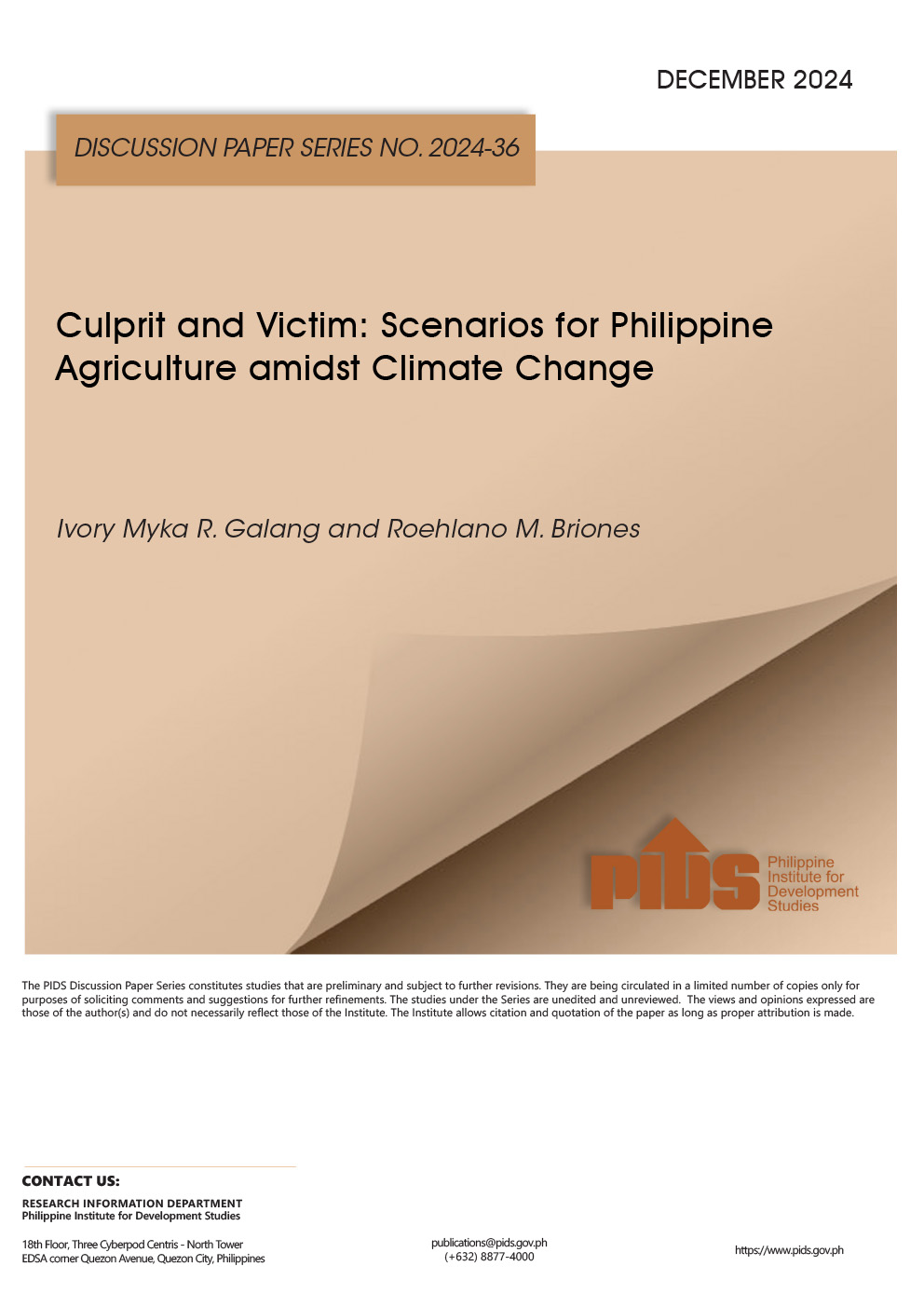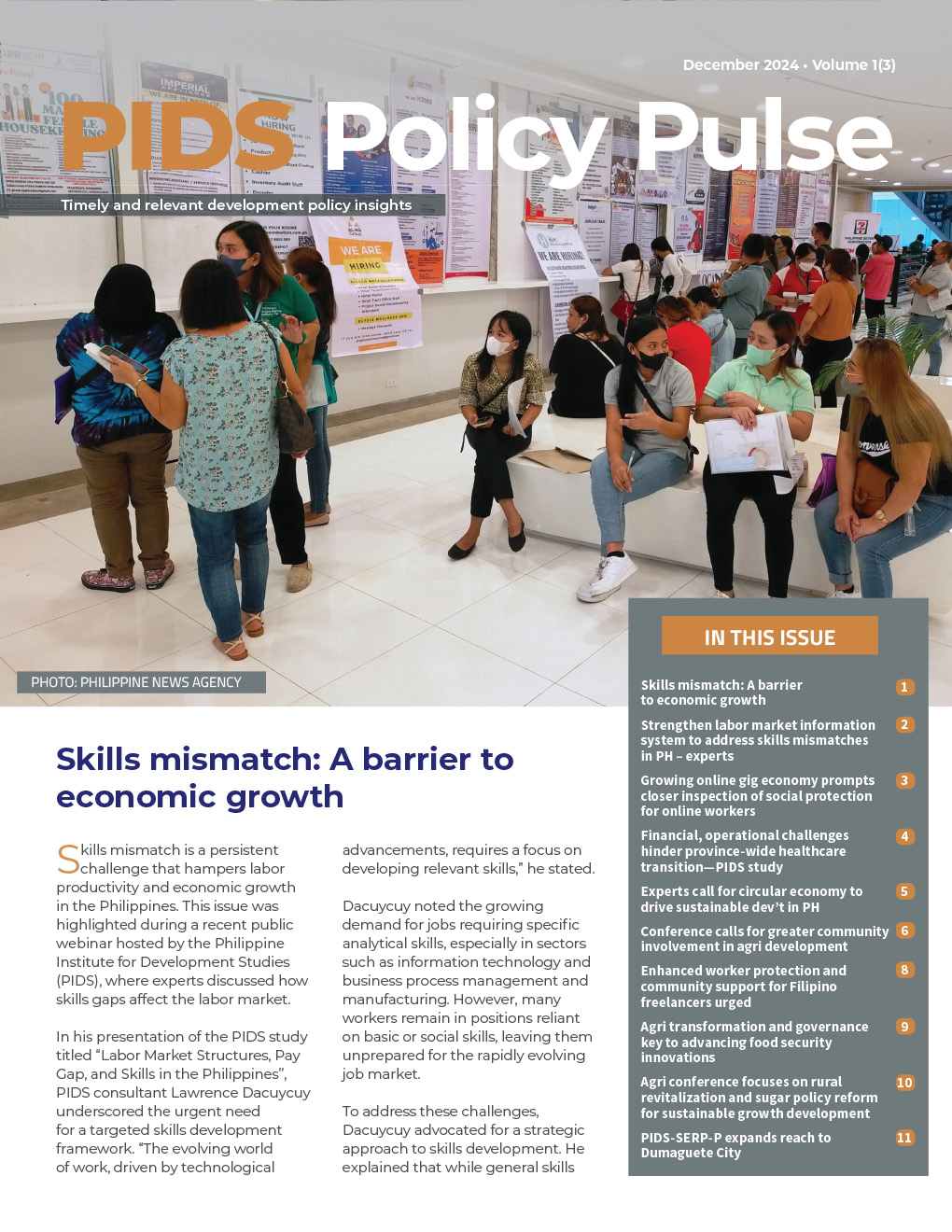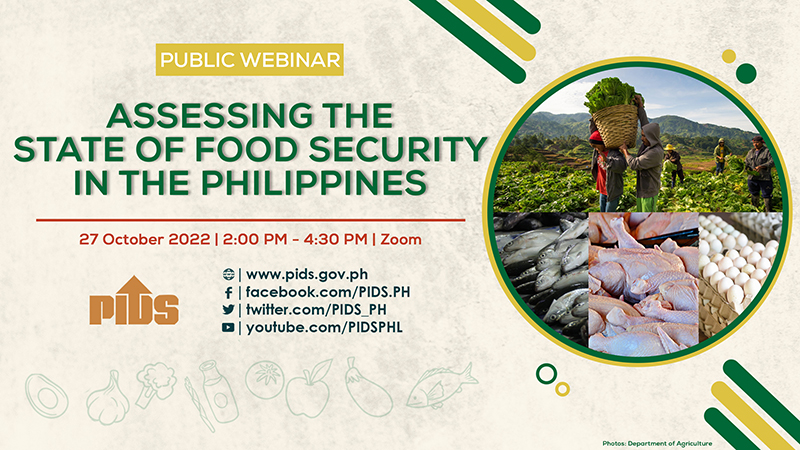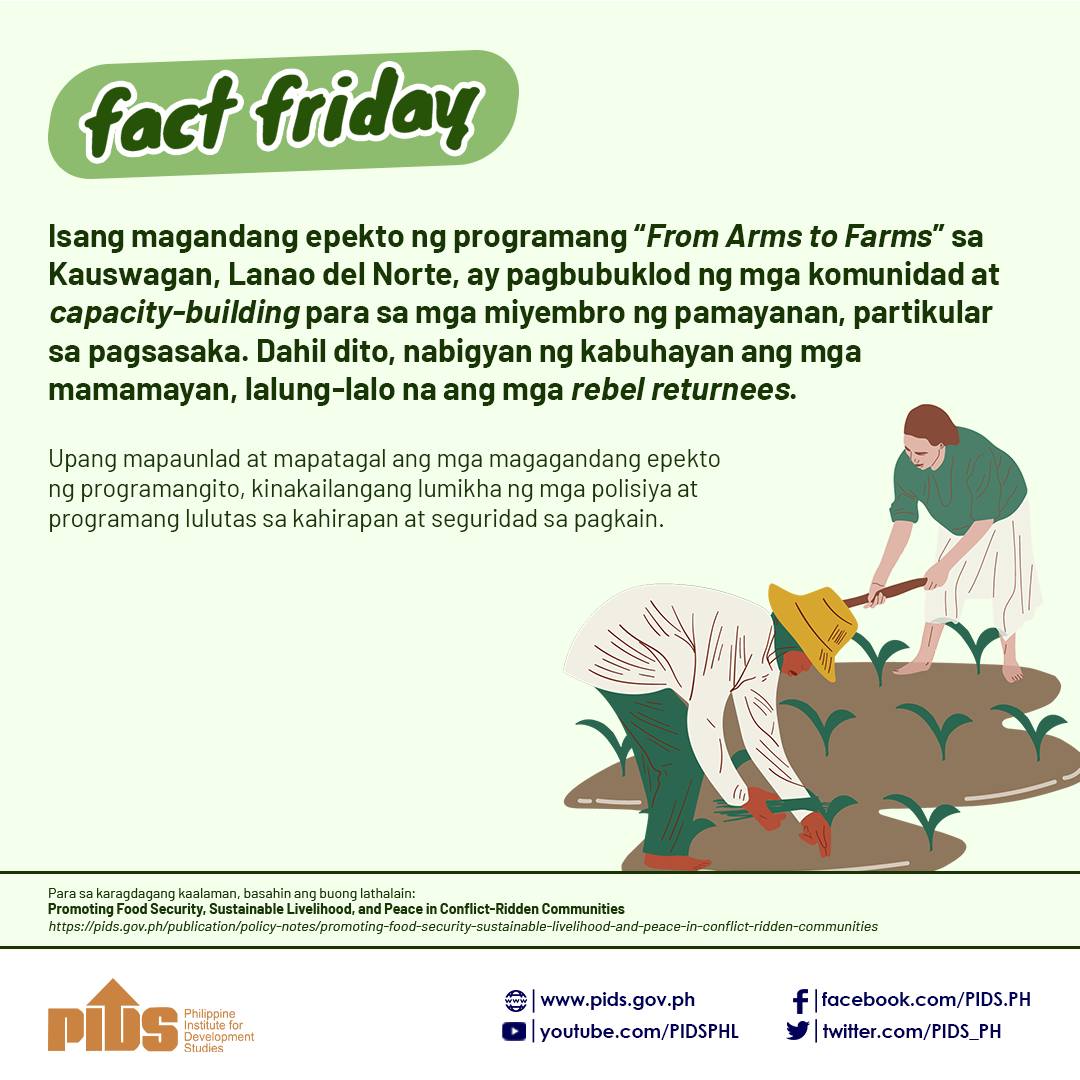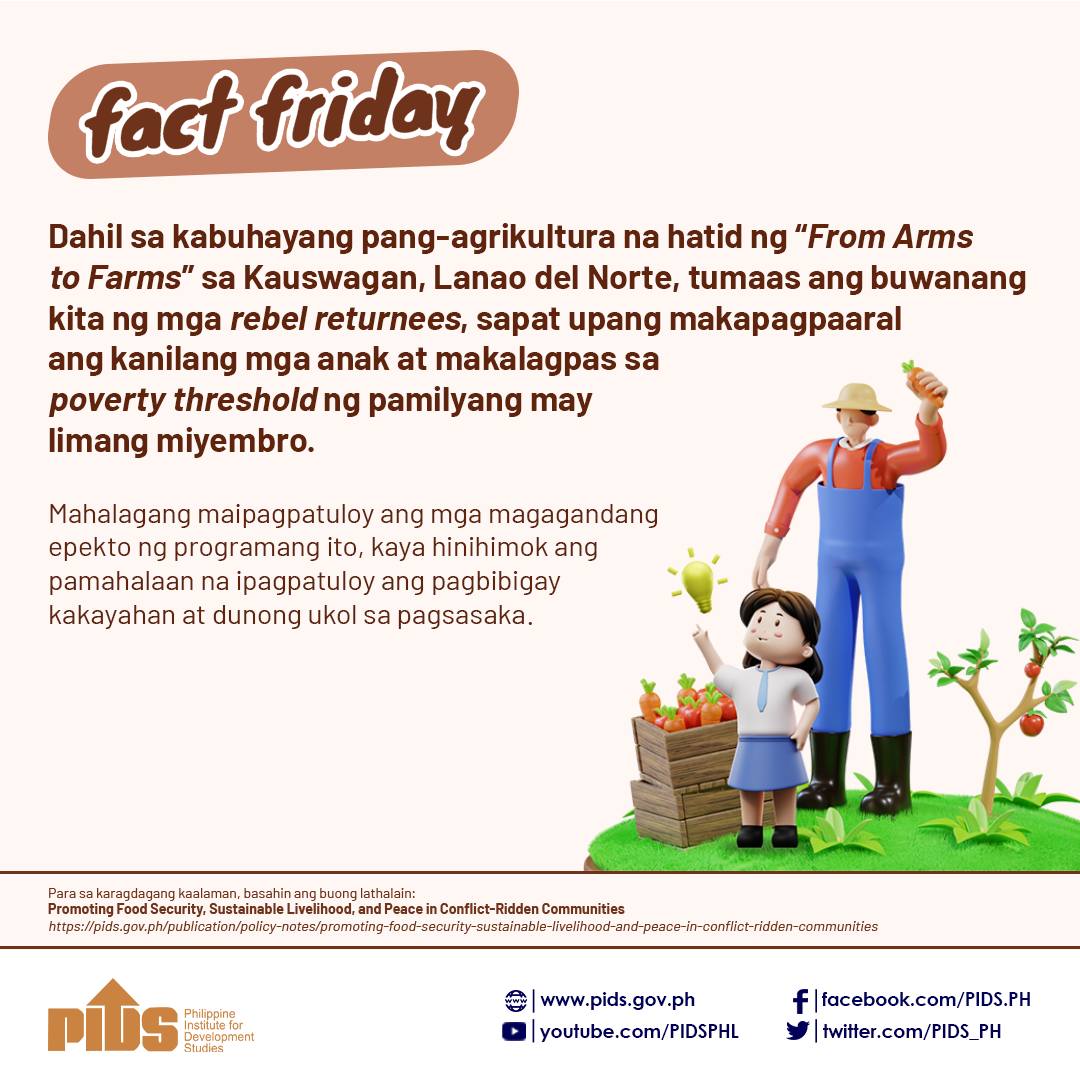For Philippine exporters to benefit from the economic partnership between the Philippines and Japan, Philippine negotiators should push for the inclusion of agricultural and processed food sectors in the proposed agreement.
Thus recommends Dr. Rosalina Palanca-Tan, professor at the Ateneo De Manila University, in her study with the Philippine APEC Study Center Network (PASCN) and the Philippine Institute for Development Studies (PIDS) titled Prospects and Problems of Expanding Trade With Japan: A Survey of Philippine Exporters.
Since majority of Philippine agricultural exports which include tropical fruits like banana, pineapples, mangoes and papayas are not cultivated in Japan, there is no reason why the Japanese agricultural sector needs to be protected from Philippine exporters, Tan argues.
She notes that even with the General System of Preference (GSP), in which industrialized economies are directed to grant duty-free treatment to specified products from designated developing countries, Japans tariff rates on agricultural products are still high. Moreover, Japan imposes quantitative restrictions on fisheries products. Thus, Tan recommends that zero percent GSP for all Philippine fresh fruits and vegetables should be a key item in the Philippines wish list in the negotiation.
Thus recommends Dr. Rosalina Palanca-Tan, professor at the Ateneo De Manila University, in her study with the Philippine APEC Study Center Network (PASCN) and the Philippine Institute for Development Studies (PIDS) titled Prospects and Problems of Expanding Trade With Japan: A Survey of Philippine Exporters.
Since majority of Philippine agricultural exports which include tropical fruits like banana, pineapples, mangoes and papayas are not cultivated in Japan, there is no reason why the Japanese agricultural sector needs to be protected from Philippine exporters, Tan argues.
She notes that even with the General System of Preference (GSP), in which industrialized economies are directed to grant duty-free treatment to specified products from designated developing countries, Japans tariff rates on agricultural products are still high. Moreover, Japan imposes quantitative restrictions on fisheries products. Thus, Tan recommends that zero percent GSP for all Philippine fresh fruits and vegetables should be a key item in the Philippines wish list in the negotiation.

